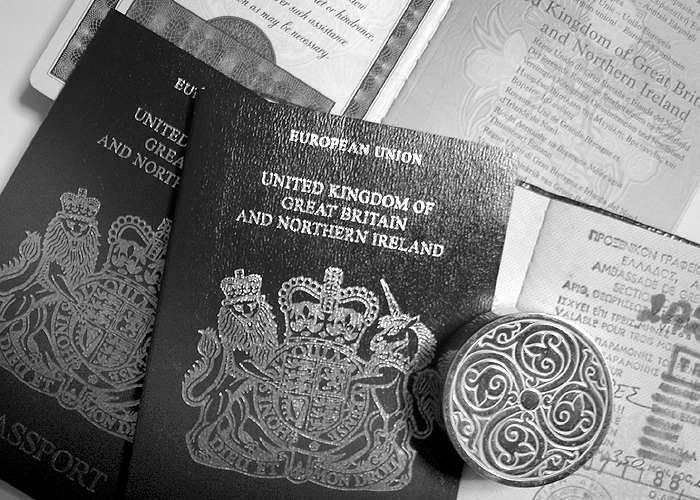Amid the brouhaha surrounding the proposed changes to the Foreign Business Act (FBA), and before that the changes to short-term tourist visa rules, one important development could easily be overlooked – the long-term investment visa.
Despite the Prime Minister and his Deputy’s assurances that the FBA would not be changed, it is not to say that it won’t be at some point in the future, however distant.
That is because preferential shares exploit a loophole within the letter, though outside the spirit, of the current law: the wording of the FBA does not expressly prohibit the use of preferential shares to allow foreigners to effectively control Thai-based businesses.
Similarly, the short-term visa – involving visa runs daytrips across a border in order to get a new stamp – was never likely to be a sustainable solution to receiving permission to stay in Thailand.
Invest and stay
Around the time the short-term visa restrictions were announced, one important anomaly was corrected. In an attempt to attract wealthy retired and semi-retired foreigners to retire in Thailand, the government announced the reintroduction of the investment visa.
In Thailand, a foreigner is allowed to buy a condominium unit outright – subject to certain conditions, including not owning more the 49percent of the total floor space of the complex.
However, having bought a unit he/she was still normally limited to a 30, 60 or 90-day visa. Thus, you bought a place to live but you couldn’t necessarily stay there.
In August, the government relaxed the rules for obtaining an investment visa, allowing foreigners a one-year visa if they invest in Thailand. This is of course subject to certain conditions: holding a legitimate visa in the first place and having invested the minimum amount.
To become eligible for the investment visa you must hold a non-immigrant (tourist) visa. You also have to be able to show evidence of having invested at least THB10 million in Thailand. Furthermore, investment visa holders are not allowed to earn a wage in Thailand.
Definition of investment
In fact, Investment in this case does not only mean buying property: it also includes depositing money in a bank account in the country or buying state bonds.
The three definitions of investment to qualify for visa eligibility are as follows:
- Putting the money into a condominium unit at a purchase price or rent of at least THB10 million (either freehold or a leasehold of three years or more);
- Holding at least THB10 million in a fixed deposit account at a Thai bank whose share capital is majority Thai owned;
- Having bought or owns Thai government of Thai state enterprise bonds worth at least THB10 million.
If the condominium unit you buy costs less than THB 10million, you can still be eligible for an investment visa by adding one of the other types of investment listed above to reach the THB10 million mark.
Investment visa eligibility only applies to foreign investors that have invested after November 25, 2008. People who invested between October 1, 2006 and November 25, 2008 do not qualify for the visa.
Possibility of renewal
This is not the first time Thailand has implemented an investment visa rule. A similar regime was implemented in the aftermath of the 1997 Asian financial crisis. The required investment then was just THB3 million however new applications were no longer accepted after October 1 2006.
All this means that it is now possible to obtain a one-year visa through investing in Thailand. Plus, the one-year investment visa is renewable, so it’s possible to stay in Thailand for the long term, provided you renew your visa annually.
Unlike a retirement visa, which is for those aged 50 or over, the investment visa has no age limitations.
However, before transferring funds into the country, it is important to ensure that you are likely to qualify. Given the list of criteria to fulfil, as well as the documentation and evidence, you will have to provide, it is advisable to get an immigration lawyer to help you. A lawyer can assess the likelihood of the visa being granted and help you submit your application to the Immigration Bureau.
This column was written by Paul Gambles, co-founder of Bangkok-based MBMG Group and is reproduced with kind permission. info@mbmg-group.com.
Please Note: While every effort has been made to ensure that the information contained herein is correct, MBMG Group cannot be held responsible for any errors that may occur. The views of the contributors may not necessarily reflect the house view of MBMG Group. Views and opinions expressed herein may change with market conditions and should not be used in isolation.





